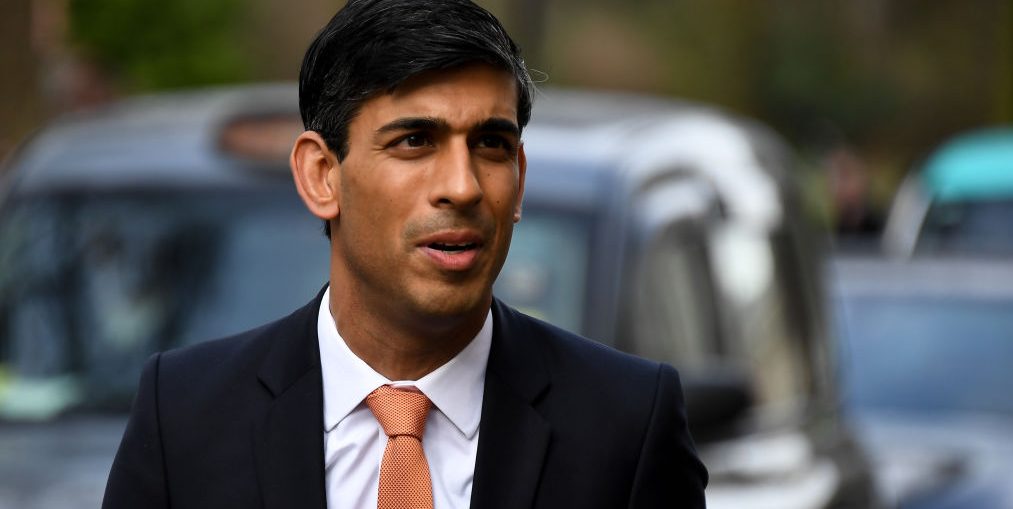Borrowing to eat
Nearly half of all young people have to borrow money to make it to the end of the month, illuminating the plight of millennials struggling with shrinking wages, rising living costs and insecure work.
Interviews with 4,000 people aged between 18 and 30 found that 51 per cent of young women and 45 per cent of young men rely on credit to make their finances last until payday.
The survey, commissioned by the Young Women’s Trust (YWT), also found that 25 per cent of young people in Britain are in debt all the time.
A fifth of those asked said they use their overdraft or borrow money from family to manage until the end of the month. The next most popular method of borrowing was to use a credit card.
One in 10 said they use payday loans, with the figure increasing to one in four for parents under 30.
Skipping meals
The YWT said many of the survey’s participants also reported skipping meals and working overtime to make ends meet until payday.
YWT chief executive Carole Eastern said, “Young people tell us they want to work hard and be financially independent but as prices rise and wages remain low, more and more are struggling.”
The survey comes after numerous reports by debt charities highlighting an increase in the number of people needing assistance with spiralling debts and unpaid household bills.
Consumer borrowing has risen to more than £200bn for the first time since the 2008 financial crisis.
The Financial Conduct Regulator estimates that around 3.3m people are in persistent debt and the Bank of England has warned banks about how they are granting credit to consumers, amid worries that irresponsible lending could lead to another financial crash.
Tory misgovernment
Unite assistant general secretary Steve Turner said the growing debts were a reflection of Tory misgovernment.
He said, “Young people are facing a precarious future in a nation that’s drowning in household debt.
“And they’re taking the hardest hit largely because they’ve come of age in an era that’s seen a decade of vicious, ideological and unnecessary government austerity, cuts to services, growing exploitation, insecurity and low pay at work, a deliberately created housing crisis and the introduction of crippling student fees to access a university education.”
Turner said policies including a ÂŁ10 an hour minimum wage, implementing rent controls and building more council houses would help young people escape the debt cycle.
He also called for a commitment to major public investment, state support for full employment in decent and secure work and an industrial strategy that rebuilds the UK’s manufacturing base and reboots the stagnating economy.
Turner added, “We can do this if government has the will to act — these are political choices and we must choose to support, nurture and offer real hope and opportunity to our young people.
“No one should have to borrow money to meet such basic needs as food and shelter in the world’s fifth richest economy.”
 Like
Like Follow
Follow


